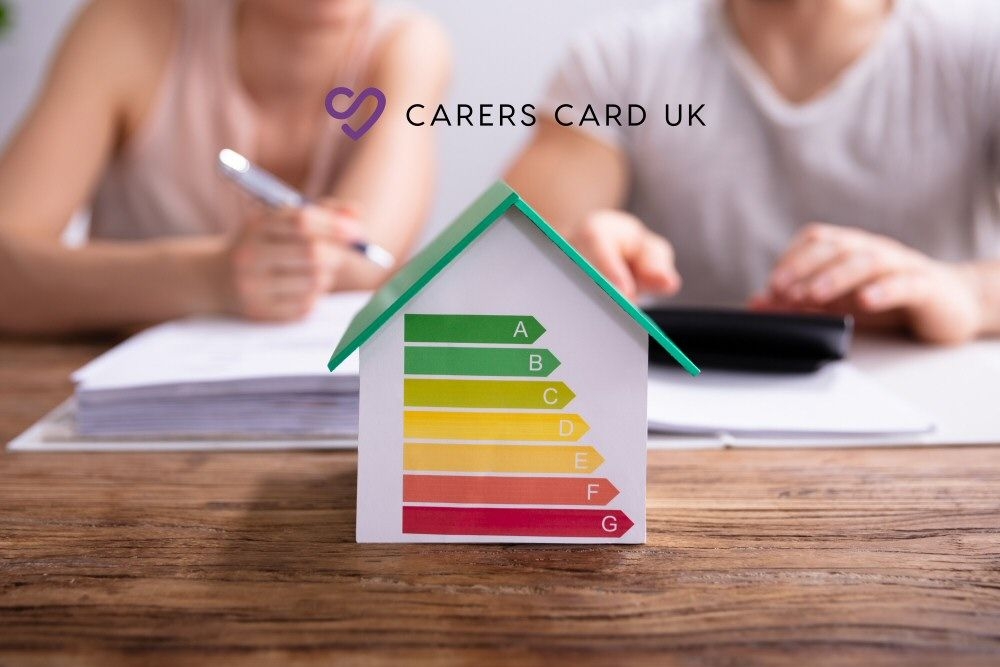1. The Best Time to Shower to Save on Energy Costs
Showering at the right time can reduce electricity and gas costs, especially if you are on an energy tariff with off-peak pricing.
When to Shower for the Best Savings:
- Late at Night or Early Morning (Off-Peak Hours): If you’re on an Economy 7 or Economy 10 tariff, electricity is cheaper during off-peak hours, usually between 11 PM and 6 AM.
- Avoid Peak Usage Times: Energy demand is highest in the morning (7 AM–9 AM) and early evening (5 PM–8 PM), which can lead to higher costs on some tariffs.
- Weekday vs Weekend Showers: Some energy providers offer cheaper rates on weekends, making them a better time for long or multiple showers.
Tip: Check your energy bill or contact your supplier to see if you have a time-of-use tariff that offers cheaper electricity at specific hours.
2. Choosing the Right Time to Save on Water Costs
In some areas, water suppliers charge higher rates during peak hours due to demand. Reducing water usage during these periods can help keep bills lower.
How to Save on Water Costs:
- Shower Late at Night or Midday: Water demand is typically lower during these times, reducing strain on the system and potentially lowering costs in areas with peak pricing.
- Avoid Morning Rush Hour: Early morning is when most people use water for showers, washing up, and flushing toilets, leading to higher demand and possible surcharges.
- Consider a Water Meter: If you’re on a metered tariff, cutting back on water usage can directly reduce your bill.
Tip: If you’re unsure about your water pricing structure, check with your supplier to see if there are peak and off-peak rates.
3. How to Reduce Shower Costs Without Changing Your Routine
If changing your shower time isn’t practical, there are other ways to cut energy and water costs.
Energy and Water-Saving Tips:
- Take Shorter Showers: Reducing your shower time by just 2–3 minutes can save litres of water and lower heating costs.
- Install a Water-Efficient Showerhead: Aerated or eco-friendly showerheads reduce water flow without compromising pressure.
- Turn Off the Shower When Lathering: A simple trick to cut down on water waste.
- Use a Shower Timer: Set a limit of 4–5 minutes to keep costs down.
- Lower the Temperature: Heating water is one of the biggest household expenses, so reducing the temperature slightly can make a noticeable difference.
Tip: If you use an electric shower, choose a lower heat setting to reduce energy consumption.
4. Additional Ways to Save on Water and Energy Bills
Beyond choosing the best time to shower, there are other strategies to cut down on household bills.
Extra Savings Tips:
- Shower Instead of Bathing: A quick shower uses significantly less water than a full bath.
- Share Showers (Where Practical): For families with young children, bathing them together can reduce water usage.
- Check for Leaks: A dripping shower can waste thousands of litres of water annually, increasing your bill.
- Use a Smart Meter: Some energy providers offer real-time energy tracking to help you identify savings.
Tip: If you live in a hard water area, descaling your showerhead regularly improves efficiency and prevents blockages that increase water waste.
Summary and Key Takeaways
- Showering late at night or early morning can be cheaper for those on Economy 7 or time-of-use energy tariffs.
- Avoid peak water usage times (morning and early evening) to potentially reduce costs.
- Shorter showers, efficient showerheads, and lower temperatures help cut water and energy bills.
- Switching to a smart meter or water-efficient showerhead can provide long-term savings.
- Taking showers instead of baths and checking for leaks can further reduce costs.
By making small changes to your shower routine, carers can save money on both water and energy bills without compromising comfort. For more money-saving tips, visit CarersCardUK.

